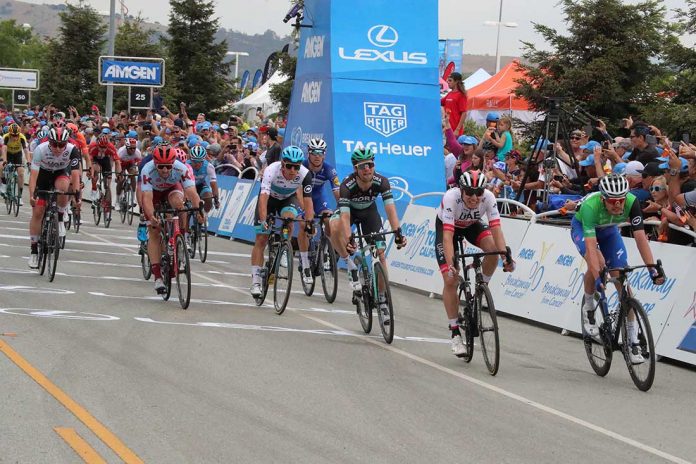If you’re in your 30s or older, you started P.E. classes with static stretches—the type of stretches that are held for a set time—in the belief that they would increase flexibility, improve performance and reduce injuries.
Uh oh. Static stretching does have its place in every workout routine, but with this caveat: never perform a static stretch without a proper warm-up. And a proper warm-up means using dynamic movements. When it comes to a warm-up, dynamic movements combined with static stretching will prepare the body for athletic competition.
What is a dynamic warm-up? For the lower body, think body-weight squats, lunges and step-ups. For runners,
a dynamic warm-up consists of butt kickers, high knees and striders (from a standing position, run at an easy pace for 10 seconds before accelerating to a brisk but controlled pace for 10 to 15 seconds before decelerating for five seconds and then repeating a couple more times).
Some runners combine static stretches after a dynamic warm-up, but more often than not a dynamic warm-up like this is all a runner needs to have muscles firing for an intense speed workout or race.
A recent article in medicalnewstoday.com highlighted extensive research from Applied Physiology, Nutrition and Metabolism and found that static stretching, when “incorporated into a full warm-up routine that includes an initial aerobic component, static and dynamic stretching and then active and dynamic sport-specific activities should not result in significant performance impairments and may reduce muscle strain injury risk.”
Jogging would qualify as an “initial aerobic component,” and in my experience it’s the best warm-up—period. Simply put, you’re not going to pull
a muscle by simply jogging, even if you’re heading out the door at 6 a.m. for a 10-mile run with the temperature at 29 degrees, as it was one day last week in Gilroy.
What’s the best way to warm up? Jog, dynamic movements and static stretching—in that order. However, unless you’re in a sport that involves a lot of sprinting or explosive movements—say football, the 100-meter dash or gymnastics—I would save static stretches for after the workout or competition.
All of my static stretches come post workout, as I find they help reduce delayed onset muscle soreness (DOMS). All types of stretches have their place in a workout; however, never do static stretches as the first part of the warm-up, as it doesn’t make sense to utilize a static stretch on cold muscles.
Better late than never
It’s never too late to start exercising. This is great news for those who have neglected exercise for most of their lives or have sustained a serious injury that has prevented them either physically or psychologically to start a regular exercise routine.
A New York Times article found that “adults who have become physically active in middle age, even if someone has been sedentary for years, substantially reduces the likelihood that he or she will become seriously ill or physically disabled in retirement.”
The takeaway? Even if you’ve stopped exercising entirely, don’t give up. Start a routine again, however small. Every step makes a difference. Don’t lose sight of that. In the article, Mark Hamer, who is a researcher at University College London, said: “Build activity into your daily life. Or, in concrete terms, if you don’t already, dance, wash your car and, if your talents allow (mine don’t), combine the two.”
The message is clear: Whether it’s washing dishes by hand, vacuuming or raking leaves, every bit of activity helps. The article showed that the volunteers in the study did not merely live longer, they lived a higher quality of life than those who were not active.








